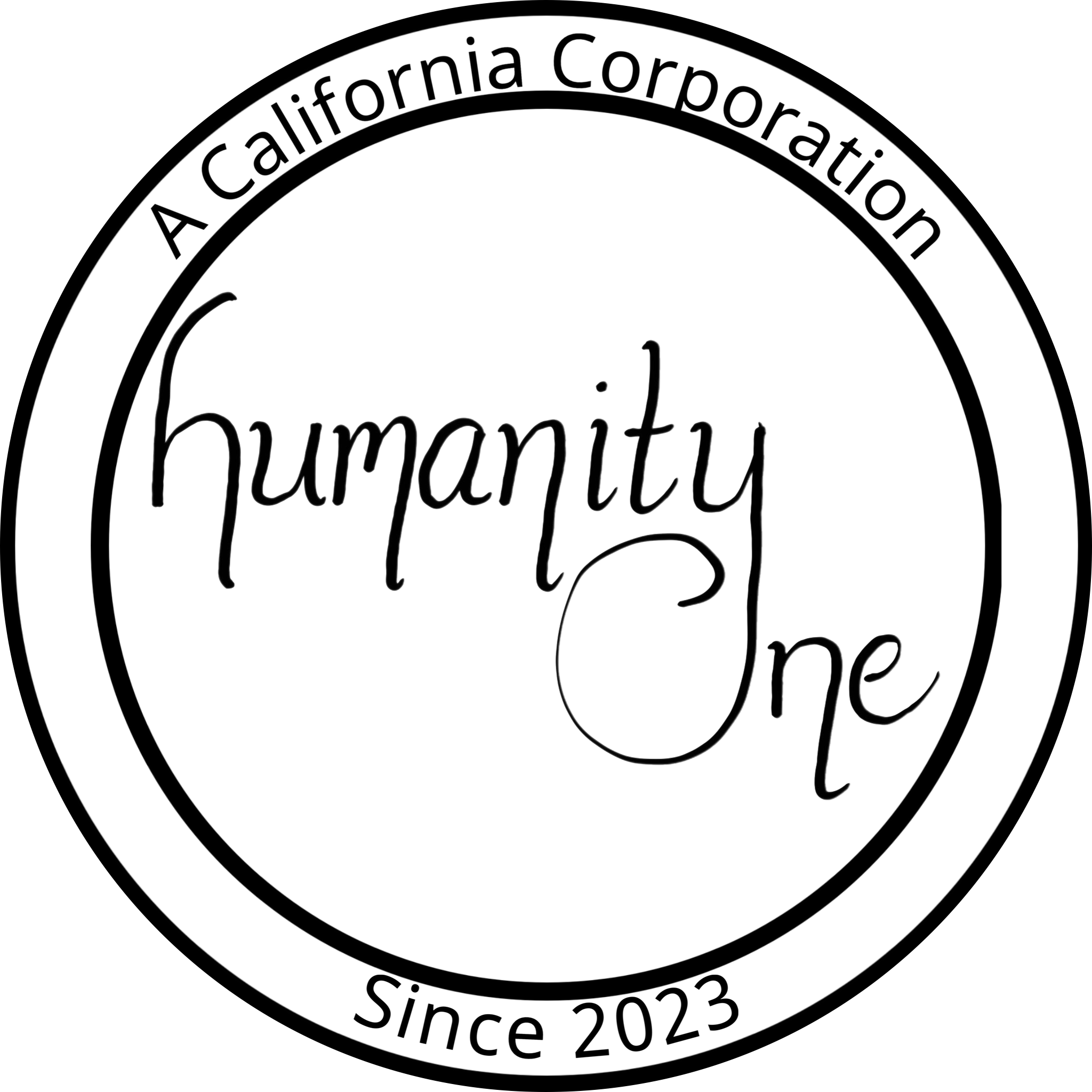Good morning, beloved community.
Today, I am honored to explore with you the profound concept of faith across different religious traditions. We will focus on the nuanced perspectives on faith within Christianity and Judaism. As a senior clergy deeply committed to holistic medicine, energy healing, and spirituality, I believe that delving into various faith traditions can offer us valuable insights and deepen our spiritual understanding.
Let us first contemplate the essence of faith itself. What is faith?
Faith transcends mere intellectual assent. Faith is a dynamic force that guides us towards growth, healing, and interconnectedness. Faith involves unwavering trust in the unseen, a belief in the innate goodness of humanity, and the courage to navigate life’s challenges with resilience and grace.
In Christianity, faith is often associated with belief in the divinity of Christ. It is also connected to the concept of salvation through grace, and the promise of eternal life. It encompasses a profound trust in the teachings of Jesus Christ and a dedication to embodying love, compassion, and service in our daily lives. For Christians, faith is a transformative journey towards spiritual enlightenment, redemption, and unity with the divine.
Conversely, in Judaism, faith takes on a slightly different hue. Faith, known as emunah in Hebrew, extends beyond mere belief in theological doctrines. It encompasses a deep-seated trust in the covenant between God and the Jewish people. It entails a steadfast commitment to ethical living, pursuit of justice, and active engagement in tikkun olam, the imperative to heal and repair the world. In Judaism, faith intertwines with action. It emphasizes the importance of mitzvot, or good deeds, in fostering a more just and compassionate society.
The distinction between faith in Christianity and Judaism lies not in the essence of faith itself, but in the emphasis placed on different facets of faith.
Christians may prioritize faith as a personal relationship with Christ and a pathway to salvation. Jews may view faith as a communal responsibility to uphold ethical values and strive for personal and societal transformation.
As we reflect on the nuances and commonalities between faith in Christianity and Judaism, let us embrace faith as a universal human experience that transcends religious boundaries. Regardless of our individual religious affiliations – be it Christian, Jewish, Muslim, Buddhist, or adherents of any other faith tradition – we share a collective yearning for meaning, connection, and purpose.
In conclusion, let us cultivate a profound understanding of faith as a transformative force that empowers us to live with compassion, integrity, and purpose. Let us draw inspiration from the diverse tapestry of religious traditions. Let us strive to embody the highest ideals of faith in our daily interactions. As we depart from this sanctuary, may we walk forth in faith, love, and service to all humanity.
May the blessings of peace and understanding be upon each of you. Thank you for your presence today, and may your journey be illuminated by the light of faith and love.


